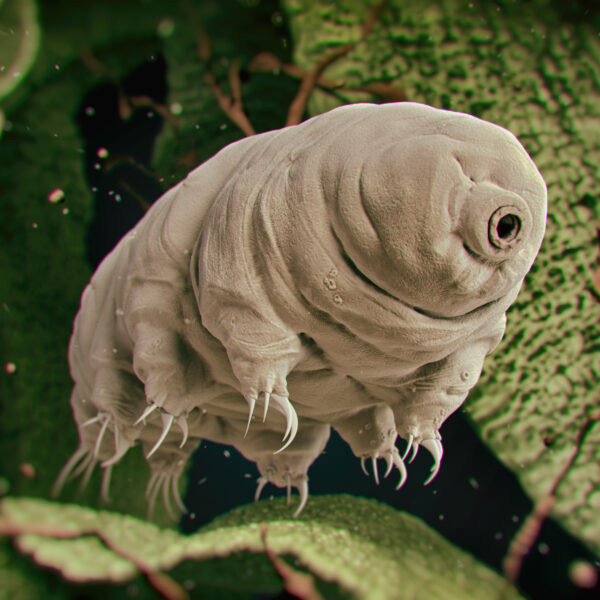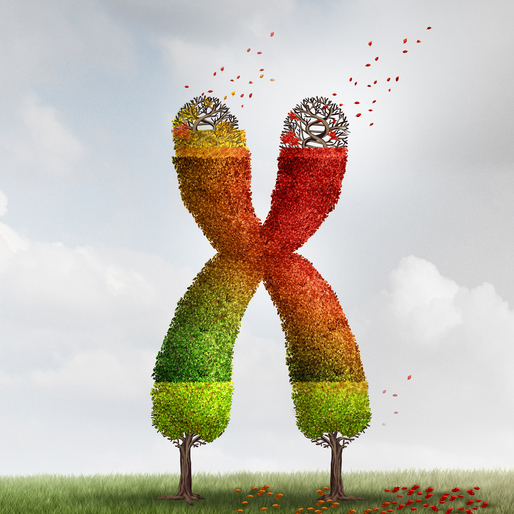Writer Fuel: The Human Body Ages Dramatically at 44 and 60
The human body does not age at a constant rate throughout adulthood — instead, it accelerates dramatically around ages 44 and 60, a new study finds. The new research, published Aug. 14 in the journal Nature Aging,involved measuring more than 11,000 molecules in the adult body over time, and it revealed that 81% of them … Read more









